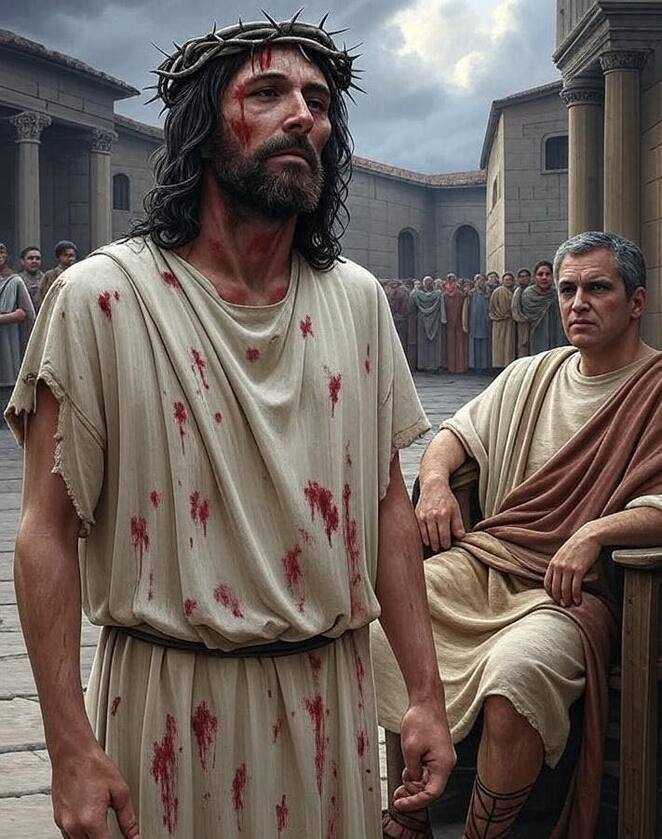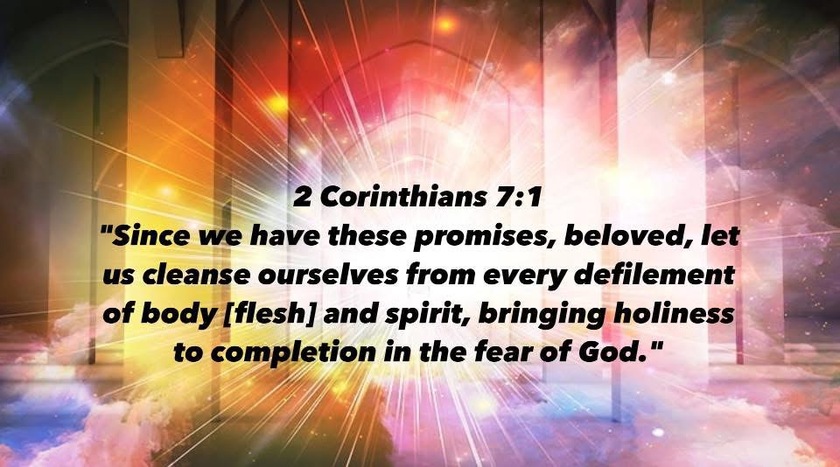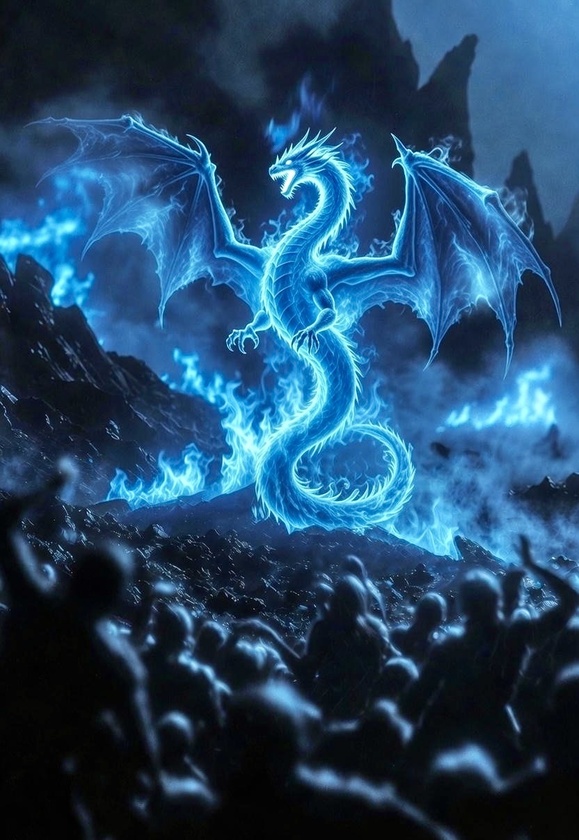The Wound of Abandonment: Pilate’s Question and Ours
John 19:9-11
He entered his headquarters again and said to Jesus, "Where are you from?" But Jesus gave him no answer. So Pilate said to him, "You will not speak to me? Do you not know that I have authority to release you and authority to crucify you?" Jesus answered him, "You would have no authority over me at all unless it had been given you from above. Therefore, he who delivered me over to you has the greater sin."
In John 19:6-8, the chief priests and officers, fueled by their rejection of Jesus’ claims, demand His crucifixion, shouting, "Crucify him, crucify him!" Pilate, despite finding "no guilt in him," is caught in a web of political and social pressures. His attempt to deflect responsibility, "Take him yourselves and crucify him", reveals his desperation to avoid the decision, yet he knows he cannot fully escape it.
In John 19:9-11, Pilate, the Roman governor, is questioning Jesus, trying to understand who He is and where He comes from. In that moment, Pilate stood face-to-face with Truth incarnate; Jesus, who declared, "Everyone who is of the truth listens to my voice" (John 18:37). The truth is before him: Jesus is innocent, divine, and central to a cosmic reality Pilate cannot fully grasp.
Jesus’ silence in response is striking, underscoring His sovereignty and submission to God’s plan, even in the face of this cruel earthly authority. He had already faced a terrible scourging, being struck thirty nine times with a cat-o-nine tails. His silence in the face of such cruelty and Pilate’s questioning authority is not a sign of weakness but a powerful testament to His divine sovereignty and unwavering submission to God’s redemptive plan. This cannot be glossed over. Following the scourging, the brutal soldiers covered his head with a sack and began to beat his head while he was blinded. Mocking him they called out to him, "prophecy about who is hitting you." Yet, in this moment of unimaginable pain and humiliation, His silence before Pilate remains a powerful testament.
It's horrible and shocking how cruel men will loose all their natural inhibitions when participating in a mob violence. They beat him, and jammed a crown of thorns into his head. His face swollen and disfigured by the merciless beating. They mocked him and spit on him.
John 19:6-8
When the chief priests and the officers saw him, they cried out, "Crucify him, crucify him!" Pilate said to them, "Take him yourselves and crucify him, for I find no guilt in him." The Jews answered him, "We have a law, and according to that law he ought to die because he has made himself the Son of God." When Pilate heard this statement, he was even more afraid.
And so here we are at about the sixth hour, 9am. And Pilate has tried everything he had at his disposal to deal with this matter and justify himself in it. He knew in his heart what was right, but was forced to take the wrong step, which Jesus confirms, ("You would have no authority over me at all unless it had been given you from above." ) . And it's ironic because earlier he and Jesus were discussing the "truth". And Pilate asked Jesus then, "what is truth?" And so now here he has his answer. He is faced with the question, "what am I to do with this Jesus Christ?" The very same question we all must answer for ourselves.
The Question of Truth:
Pilate’s earlier question, "What is truth?" finds its answer in Jesus, who is "the way, and the truth, and the life" (John 14:6).
Are there moments when you’ve sensed the truth of Christ but felt pressured by external forces; fear, others’ expectations, or personal desires, to turn away?
Pilate’s attempts to avoid responsibility (scourging Jesus, offering to release Him, deflecting to the crowd) reflect our own tendencies to justify or evade difficult decisions about our faith. The chief priests and officers, by demanding crucifixion and citing Jesus’ claim to be the Son of God, reject the very Messiah they were meant to recognize. Their cry, "Crucify him!" echoes the world’s hostility toward divine truth. How can he be the Son of God? It's beyond all reason. It's beyond human understanding. How can he have all authority and authenticity when he's here before us, cursed and crushed by our own hands. How can this be God incarnate?
This is the human condition, the natural world, the animal world. It's like when the Great Plains hunters would hunt Buffalo. They would watch the herd and target the lead bull. They'd run him down and shoot their arrows into his lungs. And when a bull is wounded by the hunters, other bison, especially healthy bulls will attack or gore the injured animal, often in response to the smell of blood or the disruption caused by the wounded bull’s weakened behavior. In that moment he's been dethroned and the others will take out their fear and aggression on him. A natural instinct that can be triggered by the chaos and scent of injury, which may signal danger or prompt a defensive response within the herd. The buffalo herd's mob behavior offers a powerful analogy to this scene at Jesus' trial. Just as the wounded bull is attacked by its own herd, Jesus, in His moment of vulnerability; scourged, bleeding, and mocked, is further rejected and condemned by those around Him, including the religious leaders and the crowd crying, "Crucify him!".
This parallel highlights the tragedy of humanity’s rejection of the wounded Savior, who, like the buffalo bull, is turned upon in His suffering rather than protected or defended. This is the deepest wound in the whole affair, that no one came to defend him. No one stood up for him. No one did the right thing. Humanity in that moment is completely lost in their crime against God's Son. Pilate is confused and over and over questioned Jesus about what was happening. "Who are you?" He asked in his desperate attempt at finding his truth, the truth he so often before managed to find in his pragmatic mind. Pilate’s mind, trained to navigate political and legal dilemmas, fails him here. He senses something extraordinary about Jesus; His silence, His dignity, His claim to be the Son of God, yet he cannot grasp the truth standing before him. His futile search for truth, despite his pragmatic instincts, underscores the spiritual blindness that envelops this scene. The ironic tragedy is even greater here, Jesus, the Son of God, is not only undefended but actively rejected by those He came to save. Like Pilate, we all must confront Jesus’ identity and decide whether to embrace or reject Him.
This collective failure lays bare the depth of sin, fulfilling the prophecy of Isaiah 53:3
"He was despised and rejected by men, a man of sorrows and acquainted with grief."
This abandonment is not just a historical event but a spiritual reality that resonates today. The crowd’s rejection, Pilate’s indecision, and the silence of any defender reflect the ways humanity continues to turn away from Christ, through indifference, fear, or outright hostility. And Jesus endures this isolation willingly, bearing the full weight of our sin to redeem us.
Despite humanity’s failure, God’s plan unfolds through Jesus’ suffering. The deepest wound, His abandonment, becomes the means of our salvation. The tragedy of no one defending Him, marvels at the grace that turns humanity’s crime into redemption. How does this inspire you to live differently, knowing that Jesus bore this wound for you? Will you continue to strive in your pragmatic ways, questioning Jesus' authority? Will you completely surrender yourself to your animal instincts and turn on Him while he is down? Or will you surrender your resistance and discover the true depths of faith, choosing gratitude over pragmatism, compassion over animal instincts, surrender over resistance, bold witness to redemption?
Spend a few minutes in silence, imagining Jesus’ wounds; physical and emotional, from scourging, mockery, and abandonment.
Then, respond in prayer or writing: "Jesus, You were abandoned for me. I choose to surrender my [pragmatism/instincts/resistance] and live for You."
Name a specific way you’ll live differently, like showing compassion or trusting God in a challenging situation.
Prayer:
Lord Jesus, You are the wounded Savior, scourged, mocked, and abandoned, yet You endured this deepest wound for my salvation. My heart breaks that no one defended You, that humanity rejected You in our sin. Forgive me for the times I’ve followed the crowd, questioned Your truth, or failed to stand for You. Thank You for Your grace, turning our crime into redemption. I surrender my pragmatism, my animal instincts, and cowardly resistance. Today I'm choosing to live for You. Give me courage to show compassion, trust Your plan, and boldly witness to Your love.
Heavenly Father, thank you for your Son and the work of The Holy Spirit. Thank you for all you have done, are doing, and will do. Bless us now and forever in Your mercy and grace.
Amen.




















